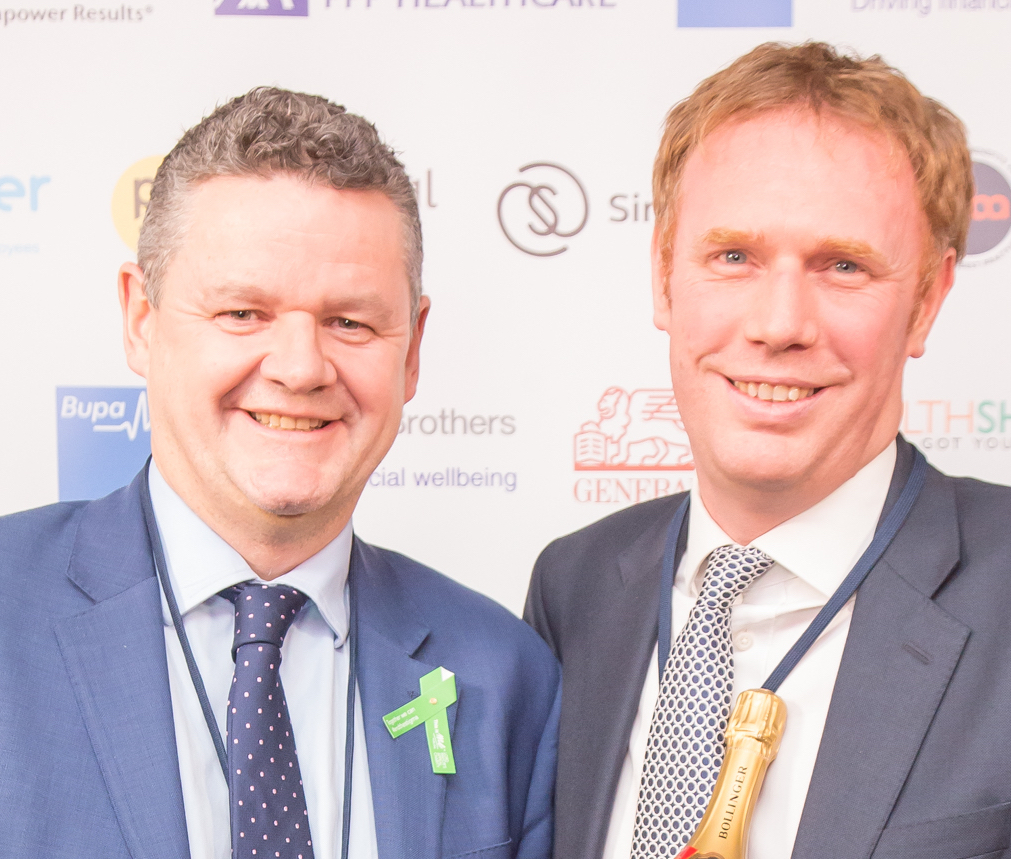How Coutts’ strategy for mental health improved employees’ wellbeing

Coutts is among the companies working to change perceptions of the issue and to support anyone facing mental health problems.
Miles was treated privately for an anxiety disorder that began during the financial crisis three times before being referred to the Coutts occupational health team. He then received cognitive behavioural therapy, got fit and returned to work for good.
Strategy
After his recovery Miles was keen to promote the needs of any staff that suffer from mental health problems and was introduced to Mike, another executive director with an interest in wellbeing. Together they created a strategy to support anyone facing mental health issues at Coutts, gained the support of the board, and changed the way the company handles this sensitive issue.
An online hub has been created where information about wellbeing at work can easily be found. There are guides on subjects including mental health awareness, work-life balance, and how to eat well. The hub also features the this is me video in which staff members, including Miles, talk about their own mental health problems. Other videos feature board members discussing their approaches to work-life balance.
Everyone working at Coutts was offered a 20-minute health check provided by Nuffield Health, in which everything from blood pressure, height and weight to cholesterol and glucose levels was checked. A body-reading machine was also introduced to our London head office for a month, which gave staff an easy way to assess their own physical wellbeing.
Miles says: “One guy went straight from the health check to his GP and has since lost three stone and started running. It has changed his life and brought him back from the edge.” In fact, physical activity is an important part of good mental health and Coutts employees are encouraged to take part in the Global Corporate Challenge, in which they aim to reach 10,000 steps each day.
Another critical component of the strategy was the creation of a network of 90 wellbeing ambassadors so that staff suffering mental health problems can always find someone to talk to. And training has been provided to line managers to help them spot the signs of mental health problems and support their teams through any issues.
Mike explains: “Because people knew I was interested in wellbeing and welfare they came to me to talk because they said they couldn’t talk to their line managers through fear of not being seen as strong and a perceived lack of empathy and understanding. That was my impetus to do something because if you can influence the line managers then you influence the whole population. You can teach them how to have conversations and what to do when someone says ‘I’m feeling under duress’. But we also want to look after the line managers themselves and give them strength, resilience and fortitude.”
Results
Before the strategy was put in place 61% of staff at Coutts and sister bank Adam & Co said they felt their wellbeing was effectively supported at work. They were asked again nine months after the strategy was rolled out and the figure had risen to 85%. During World Mental Health Day 500 people took part in events at our London head office and Mike and Miles have been asked to speak at events hosted by the Lord Mayor of London and Scottish mental health charity Headtorch. We are continuing to refine our strategy because a positive and motivated staff improves the experience for our clients.
This article was written by Miles Kean (left) and Michael Heyworth (right), executive directors at Coutts.

Coutts won the inaugural Empoyee Wellbeing Award for Leadership and Culture.
Michael will be speaking at the Employee Wellbeing Congress on 5 July 2018. Register to attend and view full conference programme.






